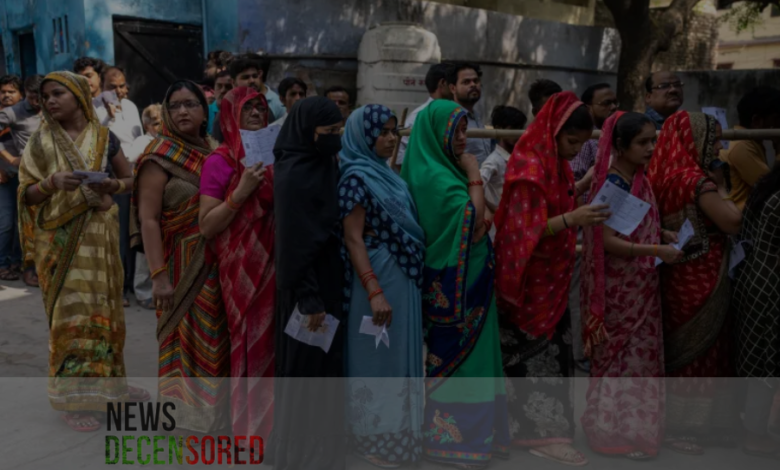Indian Elections: Araku Valley coffee is sold worldwide, but it’s farmers do not have toilets, farmers will vote for no one

The people have faced a strange situation in the beautiful Araku Valley in India, where there are lush green trees and reality exists. Araku Valley coffee is famous for its fantastic taste and the farmers responsible for its cultivation. It is sold all over the world.
Unfortunately, the farmers who grow this coffee don’t have basic things like toilets, and this highlights the apparent reality of political promises and the ground realities now elections are going to be held in India. Still, this disconnectivity between the government and the people must be more admirable.
Araku Valley in Andhra Pradesh is perfect for growing coffee and boasts fertile lands that are ideal for coffee cultivation. The region’s coffee has gained international acclaim and sells for much money in global markets. However, behind this success story, there’s a sad side to it, and deprivation is faced by the farmers who don’t have what they need to live well.
One of the most basic necessities is that many farmers in the Araku Valley don’t have toilets, and it remains a distant dream for many. Not having toilets doesn’t just hurt their dignity but also poses serious health risks and makes them sick. Without proper toilets and inadequate sanitation facilities, the spread of diseases puts the lives of farmers and their families at risk.
Araku Valley coffee, a global sensation, stands in stark contrast to the dire conditions of its farmers. The glaring disparity between the prosperity it brings and the farmers’ struggle for basic necessities is a testament to the systemic failures in governance and development.
As the elections approach, the farmers in Araku Valley feel increasingly disappointed. The promises politicians make during rallies don’t seem real to them because they face tough problems every day. Not having basic things like toilets amplifies their sense of neglect and makes them feel like nobody cares about them.
For the farmers,voting is no longer a mere political act. It has transformed into a powerful statement of protest against a system that turns a blind eye to their basic needs. The choice not to vote is a manifestation of their deep-seated frustration with a political establishment that prioritizes rhetoric over action.
The struggles of farmers in Araku Valley show a microcosm of more significant issues regarding what’s happening in rural India as a whole. Even though rural areas are essential for India’s economy, rural communities continue to fight poverty, bad roads, and lack of basic services. This highlights the widening gap between the haves and the have-nots and shows how some people have a lot while others have very little.
The story of Araku Valley coffee is a poignant reminder of the urgent need for inclusive and sustainable development. As India heads to the polls, it’s crucial to heed the voices of those often overlooked, including the farmers of Araku Valley. Only then can the democratic process truly pave the way for a more equitable future for all.




